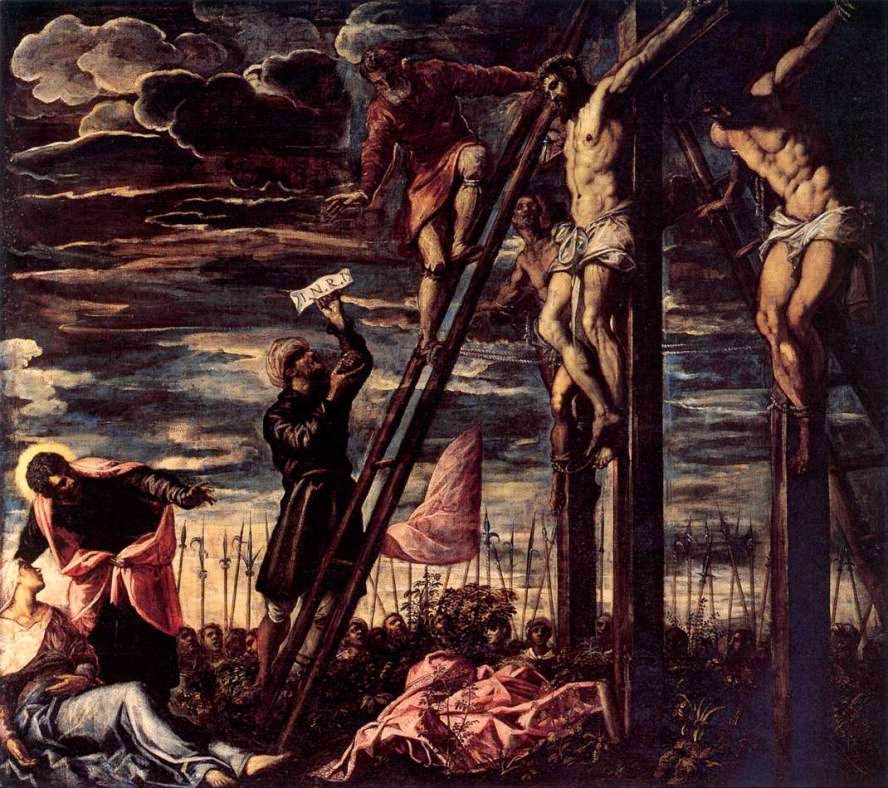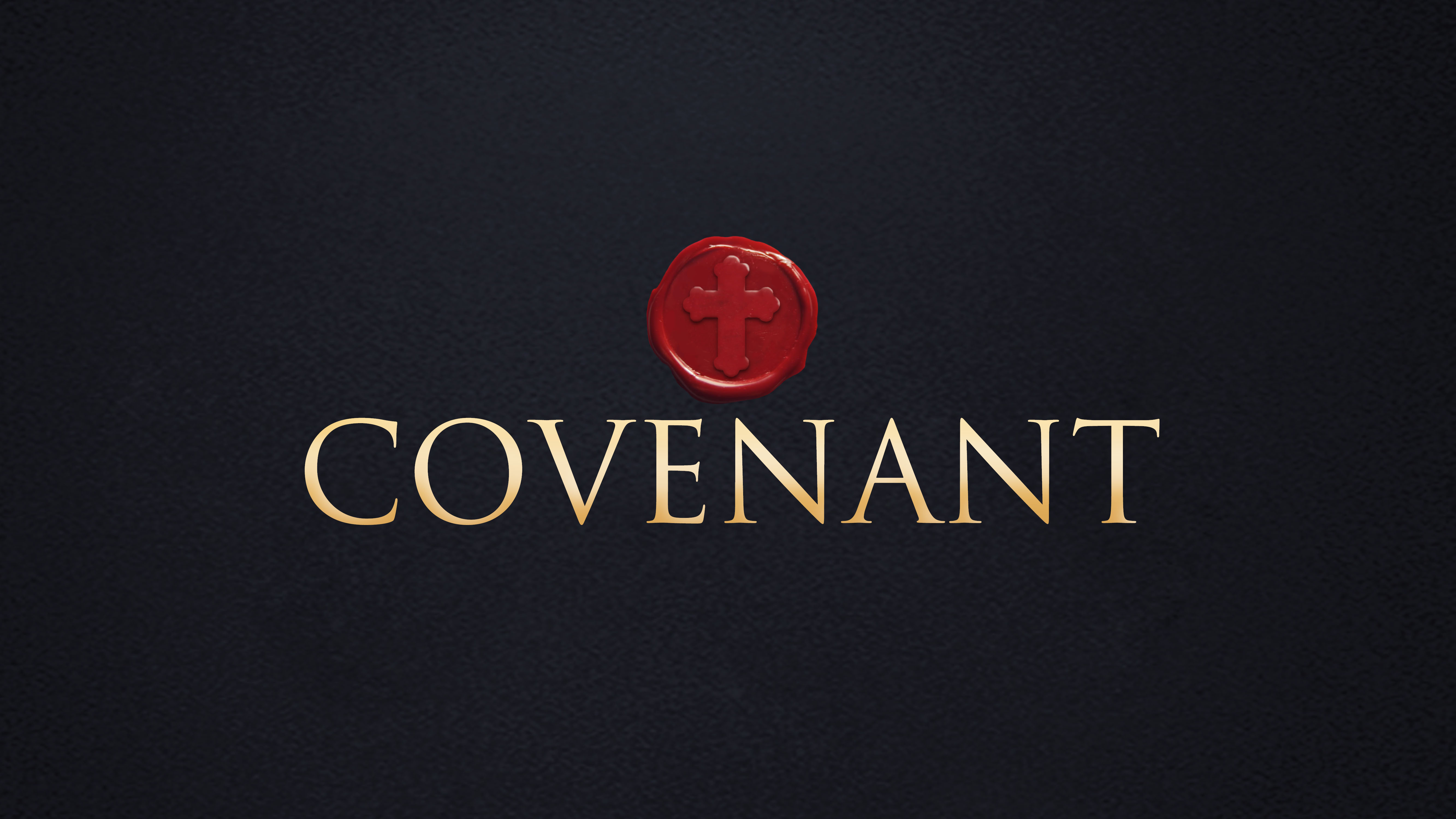
The symbol of the cross is universally recognized today as the symbol of Christianity; for many in the Western world it is familiar and welcome. However, in the ancient world, in the first century AD, when this symbol was first used by early Christians, it was downright scandalous.
Paul the Apostle refers to the message of the cross as foolishness to the Greeks, a stumbling block to the Jews, and an offense to all. (1 Corinthians 1:22-23, Galatians 5:11)
The reason is because, for people in the ancient world, the cross was a terrible instrument of torture and execution.
The thing that made crucifixion so terrible is that it didn’t kill you right away; it was designed to make a person suffer as much as possible, for as long as possible. And for this reason, crucifixion was reserved for only the very worst kinds of criminals.
Because of how terrible crucifixion was, the Romans did not allow their own citizens to be killed by crucifixion, no matter how dastardly their crimes; only slaves and those without rights were allowed to be crucified, since it was exceedingly inhumane.
Cicero, the Roman statesman and philosopher said that crucifixion was so horrible, that the word “cross” should never be mentioned in polite society.
Let the very word ‘cross,’ be far removed from not only the bodies of Roman citizens, but even from their thoughts, their eyes, and their ears.
Cicero, 106-43BC, Pro Rabirio Postump 16
For the Jewish people in particular — to be crucified on a cross was considered a fate worse than death, because according to the Jewish Scriptures, anyone who was killed by being hanged upon a tree was considered “accursed”. (Deuteronomy 21:22-23)
And so, just imagine if you told someone back then that you were a follower of Jesus — a man who had been crucified… That person would have thought: “Whoa… Even if he was innocent, that’s probably something you should keep to yourself! That’s not something you want to go around advertising, because: that’s humiliating!”
But: here’s what’s interesting: for the early Christians, the fact that Jesus had been killed upon a cross was not something they tried to hide. Instead, the symbol of the cross became the main symbol they used to identify themselves – which is surprising, because the cross was generally consider to be the ultimate symbol of humiliation and defeat.
Furthermore, the message that the early Christians embraced and wanted to share with the world was what they called, “the message of the cross,” and “the good news of Christ, and him crucified.”
Paul the Apostle knew that the message of the cross was difficult for many people to accept. For the Jews, the idea of a crucified Messiah was a stumbling block. For Greeks, the idea that you could be saved through the death of an executed Jew seemed ridiculous. The idea that God would come to Earth and allow himself to be beaten, mocked, rejected and crucified, seemed completely unreasonable. They couldn’t wrap their heads around it. The Greek gods made humans serve them; they didn’t serve people – and they would never sacrifice themselves to save guilty people.
Just as the message of the cross ran contrary to popular thinking back then, the message of the cross also runs contrary to popular thinking today.
The message of the Cross requires you to admit that you have sinned and fallen short of the glory of God and that you are powerless to save yourself. This is why Paul talks about “the offense of the cross” (Galatians 5:11)
The message of the cross offends our sensibilities and our pride by telling us that we are sinners who need a Savior, and that we cannot save ourselves. In order to receive this salvation, you have to humble yourself before God.
Another part of the offense of the Cross is that the message of the gospel is exceedingly simple. Many people in Corinth seemed to believe that in order to “find God,” you had to be really smart, or exceedingly “good.” And yet, God chose to bring salvation to the world in a way that was so simple that even even a child could understand it, and in a way that it was available to people who had lived immoral lives.
Another part of the “offense of the cross” is that God says that His reason for saving you was not because you are better than other people. Salvation is simply an act of God’s grace: completely undeserved and totally unearned. You can’t take credit for it. The message of the cross leaves no room for pride or arrogance.
And when you really embrace the message of the cross, on the one hand it forces you to be incredibly humble, but on the other hand it fills you with an incredible sense of confidence – because the message of the Cross is that God loves you, and He has acted to redeem you, and if you have put your faith in what Jesus did for you, then God has sealed you and made you His own: He has adopted you as His Child, and placed His Spirit inside of you — and therefore you can be incredibly confident, knowing that you have nothing to fear in life or in death because God has promised that He will cause all things to work together for your ultimate good and for His ultimate glory.
For more on the message of the cross, see this sermon titled, “The Message of the Cross & the Power of God”






